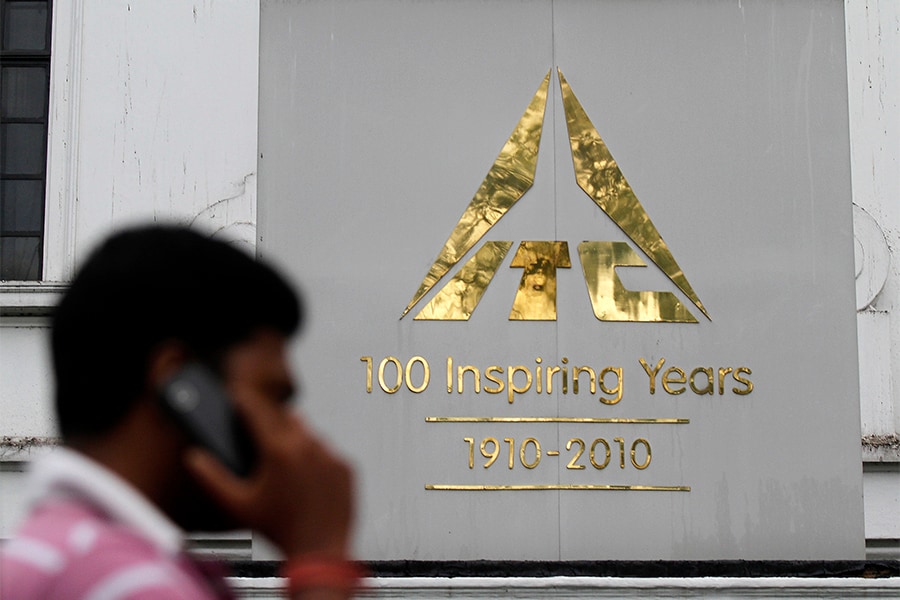
ITC meets market expectations; Q1 net profit rises 7.4% to Rs 2,560 cr
Sales grow year-on-year, but witness a slowdown from the previous quarter
 Image: Rupak De Chowdhuri/Reuters
Image: Rupak De Chowdhuri/ReutersITC, the country’s largest cigarette company, declared Q1 results that were in line with market expectations. The results were for the period before the implementation of the Goods and Services Tax (GST), when it was still believed that the new rates would be lower and hence beneficial to the company.
Revenue from operations for the quarter ended June 30, 2017, stood at Rs 13,800.42 crore, a 4.1 percent increase from Rs 13,253.06 crore in the corresponding quarter last year.
The company reported a 7.4 percent increase in net profit at Rs 2,560.5 crore in the Q1 FY2018 quarter, as against Rs 2,385 crore in year-ago period.
EBITDA or earnings before interest taxes depreciation and amortization for the quarter stood at Rs 3,796 crore, against Rs 3,526 crore in the same period last year.
Of the total revenue, cigarette sales contributed Rs 8,774.16 crore, up from Rs 8,230.60 crore in the same quarter, the previous year. Cigarettes’ EBIT increased 9 percent year-on-year to Rs 3,274.14 crore with a margin expansion of 80 basis points for the quarter. This exceeds analysts’ expectations. ICICI Securities, in its quarterly results preview released on July 17, had pegged the cigarette segment to report EBIT growth of 3.9 percent YoY. However, the segment revenue has reduced from Rs. 8954.94 in the quarter ended March 31st, 2017.
It is to be noted that there was a positive sentiment around the cigarette segment prior to the launch of GST, when the total tax incidence under the GST regime was expected to come down compared to the total tax in the pre-GST regime. However, on July 18, the GST Council increased the cess on cigarettes to pre-GST level, to offset “windfall profit” for firms, thereby increasing the average effective tax rate by 10-11 percent. Coupled with the 6 percent hike in the Union Budget 2017-18, the total increase in taxes now amounts to 16-17 percent for FY18. This means that total tax on cigarettes is now higher than pre-GST levels.
Consequently, on the day of the cess hike, ITC saw its stock fall by 13 percent to Rs 284 apiece on the BSE. It was the biggest intraday fall in 25 years, and investors in ITC suffered a loss of about Rs 50,000 crore. Stock prices of other cigarette makers, including Godfrey Philips and VST Industries also fell by about 6-8 percent following the hike in cess.
ITC, on its part, has already announced an increase in prices by 4-8 percent on select brands, including premium brands Classic and Gold Flakes, with immediate effect, to offset the additional cess levied. Although it might affect volumes, the operating margin will remain stable. The market reacted positively to this price hike, and shares went up by 1.6 percent on July 24th to close at Rs 293.20 a share.
While the above development does not have an impact on the results for the quarter ended 30th June, 2017, it would be crucial in determining ITC's growth in the upcoming quarters.
ITC stock fell by 1.62 percent and closed at Rs 288.65 on 27th July. The results were declared after market hours.
X





